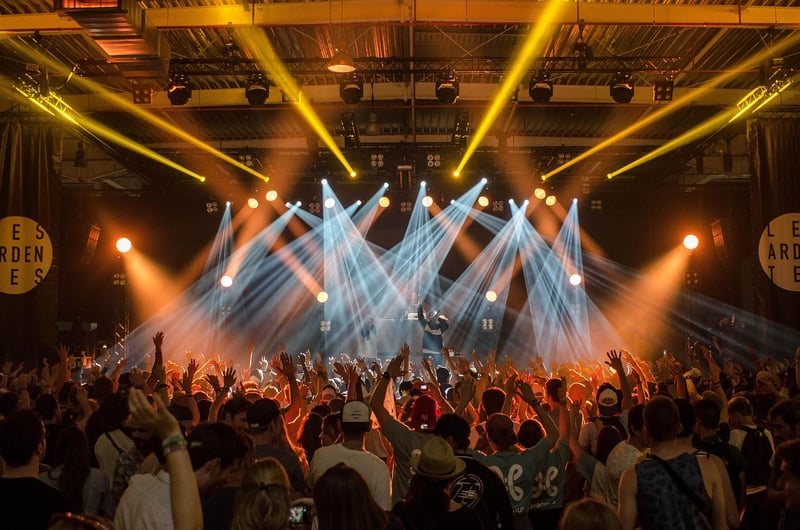Historical Events
Exploring Different Timelines and Historical Events
History is a tapestry of events woven through time, each thread representing a significant moment that has shaped the world we live in today. By delving into different timelines and exploring historical events, we can gain a deeper understanding of how the past has influenced the present. Let's embark on a journey through time and uncover some fascinating historical milestones.
Ancient Civilizations
Ancient civilizations such as the Egyptians, Greeks, Romans, and Mayans have left a lasting legacy through their advancements in architecture, art, science, and governance. The construction of the pyramids in Egypt, the philosophical teachings of Socrates and Plato in Greece, the engineering marvels of the Roman Empire, and the intricate calendar system of the Mayan civilization are just a few examples of their enduring contributions.

Medieval Times
The medieval period was marked by feudalism, chivalry, and the rise of powerful empires and kingdoms. The Crusades, the Magna Carta, the Black Death, and the Hundred Years' War are pivotal events that defined this era. The architectural wonders of Gothic cathedrals and the artistic achievements of illuminated manuscripts also characterize medieval times.

Age of Exploration
The Age of Exploration saw European powers venturing into uncharted territories, leading to the discovery of new lands and the exchange of goods and ideas. Christopher Columbus's voyage to the Americas, Vasco da Gama's sea route to India, and the circumnavigation of the globe by Ferdinand Magellan reshaped the world map and sparked cultural exchanges between continents.

Industrial Revolution
The Industrial Revolution brought about a period of rapid industrialization, technological advancements, and urbanization. Inventions such as the steam engine, the spinning jenny, and the telegraph revolutionized transportation, manufacturing, and communication. The shift from agrarian economies to industrialized societies had profound social and economic consequences.

Modern Era
The modern era is characterized by global conflicts, scientific breakthroughs, and social movements that have reshaped the world in the 20th and 21st centuries. World Wars I and II, the Cold War, the Space Race, the Civil Rights Movement, and the advent of the internet are just a few of the transformative events that define this era.

By exploring different timelines and historical events, we can appreciate the rich tapestry of human experiences that have shaped our world. Each era offers valuable lessons and insights that help us navigate the complexities of the present and envision a better future.
